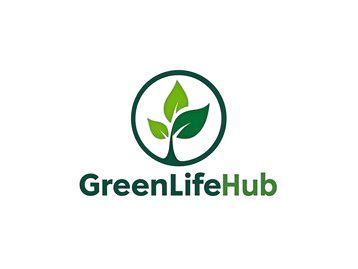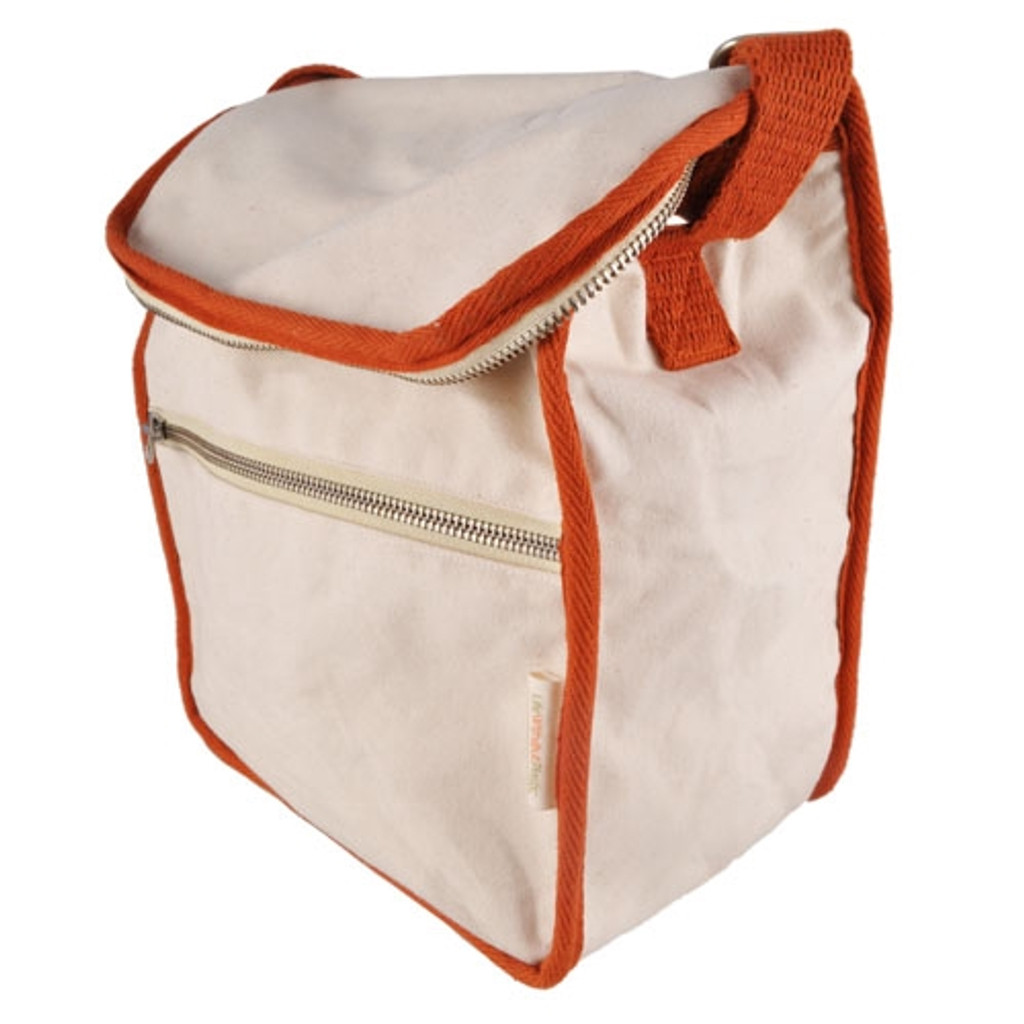Wool Insulated Cotton Lunch Bag
Do you know what materials your lunch box is made from? lunch bags are made of? And how they affect the environment and your health?
Every day, we make simple choices, like picking a bag for our meals. But, traditional lunch bags might harm the planet and our health. Some bags have PVC or neoprene, which can release toxic chemicals or break down into harmful pieces.

Choosing eco-friendly lunch bags A wool insulated cotton lunch bags can change things for the better. These natural, long-lasting bags with a zip closure are better for the earth and help us eat healthier.
Table of Contents
Key Takeaways
- Traditional lunch bags can contain harmful materials like PVC or neoprene lining.
- Eco-friendly alternatives like wool-insulated organic cotton bags with a zip closure are available.
- Switching to sustainable lunch bag options can reduce environmental impact.
- Natural materials promote healthier eating habits.
- Ditching plastic and opting for durable, eco-friendly bags is a practical step towards sustainable living.
The Problem with Conventional Lunch Bags
Conventional lunch bags with harmful lining might seem harmless, but they can pose serious health risks. The materials used in their construction are often overlooked. We need to be aware of the dangers in our daily lunch bags.
Health Risks Associated with PVC and Neoprene
Many lunch bags are made from PVC (Polyvinyl Chloride) and Neoprene. PVC contains chlorine, which can create toxic byproducts called dioxins. These dioxins can cause reproductive and developmental problemsThese materials can damage the immune system, and even lead to cancer, making zero waste alternatives crucial.
PVC also includes phthalates, which are endocrine disruptors. This means they can interfere with our hormonal balance. They can lead to issues like infertility and developmental toxicity. Neoprene, while similar to natural rubber, is made from chloroprene and can release harmful chemicals.
When we use these bags for our lunch, there’s a risk of harmful chemicals leaching into our meals. This can happen over time, making it a significant health concern for those who regularly use conventional lunch bags.
So, what can we do to achieve a zero waste lifestyle while hand washing our reusable bags? Switching to an insulated lunch bag for work or a cotton lunch bag for school A lunch box made from natural, non-toxic materials is a great start towards zero waste living. Options like a wool lunch sack offer eco-friendliness and natural insulation. They keep our food at the right temperature without the health risks.
Benefits of Eco-Friendly Lunch Bags
Choosing eco-friendly lunch bags is a simple way to live more sustainably. Our daily choices, like what we carry our lunch in, matter a lot for promoting eco-friendly policies. It’s a big step towards a greener future with sustainable lunch boxes.
Why Choose Wool Insulated Cotton Lunch Bags?
Wool-insulated cotton lunch bags are both eco-friendly and durable. They’re made from natural, biodegradable materials. This makes them better for the planet than bags made from synthetic materials.
The wool inside keeps food at the right temperature for hours. It’s a natural way to keep food warm or cool. This is great for those who want to use less plastic.

These bags are built to last, unlike disposable ones. They don’t need to be replaced often. This helps reduce waste and supports sustainability.
Also, they’re made from wool insulated natural lunch bag materials. organic cotton. This means they don’t have harmful chemicals. Using these bags is good for the planet and for our health.
Looking into sustainable lunch options, wool-insulated cotton bags are a top choice. They’re practical, durable, and eco-friendly. They’re a great way to make a difference for our planet.
Practical Tips for a Plastic-Free Lunch
Starting a plastic-free lunch routine with a zero waste lunch box and a wool insulated natural lunch bag is easier than you might think. We just need to make a few smart choices about what fabric we use every day.
Making the Switch to Sustainable Lunch Essentials
Choosing the right lunch bag is just the start. Look into using or natural fiber lunch bags to keep your food fresh and eco-friendly.
Additional Eco-Friendly Lunch Accessories
To cut down on plastic waste, try organic lunch containers or thermal lunch pouches made from unbleached fabric. Add eco-conscious lunch storage options like stainless steel or glass containers. Also, use bamboo or stainless steel utensils for a fully green lunch setup.
By making these easy changes, we can greatly lessen our plastic use and move towards a zero waste approach. This helps make our future more sustainable.
FAQ
What makes wool-insulated cotton lunch bags eco-friendly?
These lunch bags are made from natural materials like organic cotton and wool. They are biodegradable and gentler on the environment. This makes them a healthier option for carrying food.
Are wool-insulated cotton lunch bags durable?
Yes, they are very durable. You can use them for years without needing to replace them often, making them a smart choice for sustainable delivery. This makes them a great choice for everyday use.
How do I care for my wool-insulated cotton lunch bag?
To keep your bag clean, just spot clean any stains. Wash it in cold water when it gets dirty. This helps keep the insulation working well and extends its life.
Can I use my wool-insulated cotton lunch bag for hot and cold meals?
Yes, these bags are great for keeping food warm or cool for hours. They work well for both hot and cold meals.
What other eco-friendly products can I use with my lunch bag?
To cut down on plastic, try using stainless steel or glass containers. Reusable utensils and cloth napkins are also good choices. They are safer and better for the environment than plastic.
How can I make my lunch routine more sustainable?
First, pick a lunch bag made from sustainable materials, like wool-insulated organic cotton. Then, use eco-friendly items like stainless steel or glass containers, reusable utensils, and cloth napkins. This will help reduce plastic waste.
Are there any health benefits to using a wool-insulated cotton lunch bag?
Yes, using these bags can protect you from harmful chemicals found in vinyl materials. Cheap, synthetic bags often contain PVC, dioxins, and phthalates. Wool-insulated cotton bags are safer.
Ready to make a switch and join 1000s of happy customers, please click here.
Kaleem,
www.greenlifehub.com

